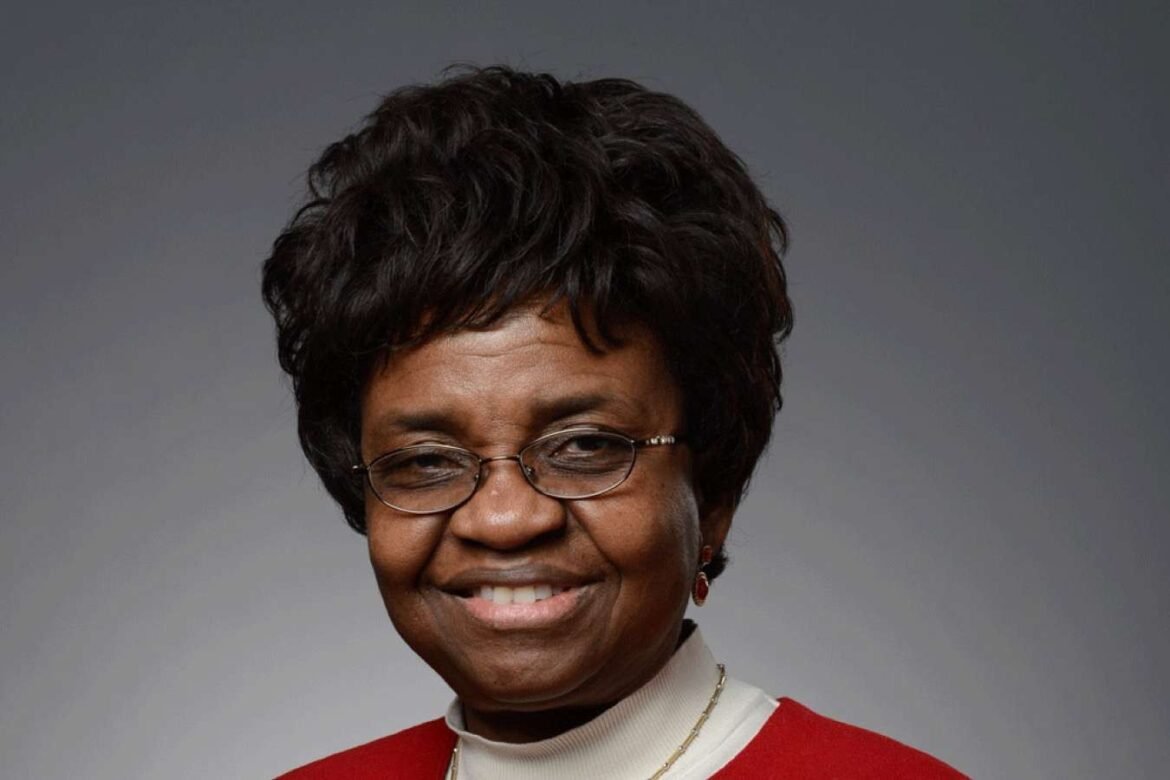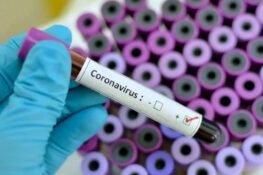The National Agency for Food and Drug Administration and Control (NAFDAC) has banned the registration of alcohol in sachets and glass bottles below 200ml.
This is contained in a statement signed by the Director General of NAFDAC, Prof. Moji Adeyeye in Abuja.
“The registration of new alcoholic drinks in sachets and small volume PET and Glass bottles above 30 per cent ABV (alcohol by volume) has been banned by NAFDAC.
“The move followed the recommendation of a high powered committee of the Federal Ministry of Health and NAFDAC on one hand, Federal Competition and Consumer Protection Commission (FCCPC).
“This move is also as a result of the support from various Industry represented by Association of Food, Beverages and Tobacco Employers (AFBTE), Distillers and Blenders Association of Nigeria (DIBAN) in December, 2018.
“The agency will ensure that validity of renewal of already registered alcoholic products in the affected category will not exceed year 2024,” she said.
The Director-General explained that Manufacturers of low volume alcohol beverages (200ml) with satisfactory Laboratory reports, which were already submitted to NAFDAC for registration before this decision, have been directed to reformulate their products at stipulated standard.
According to her, DIBAN was also given a matching order to embark on intensive nation-wide sensitization campaigns against underage consumption of alcohol by adolescents below the age of 18 years in the bid to stem the tide of alcohol abuse in the country.
She explained that the producers of alcohol in sachets and small volume agreed to reduce production by 50% with effect from January 31st 2022 while ensuring the products are completely phased out in the country by January 31, 2024.
“Even as we grapple with the containment of COVID-19 pandemic, NAFDAC is resolutely committed to the strict implementation of the regulations and regulatory measures towards safeguarding the Health of Nigerians.
“This move is particularly targeted to the vulnerable youths against the dangers of reckless consumption of Alcohol,” Adeyeye said.
(NAN)








